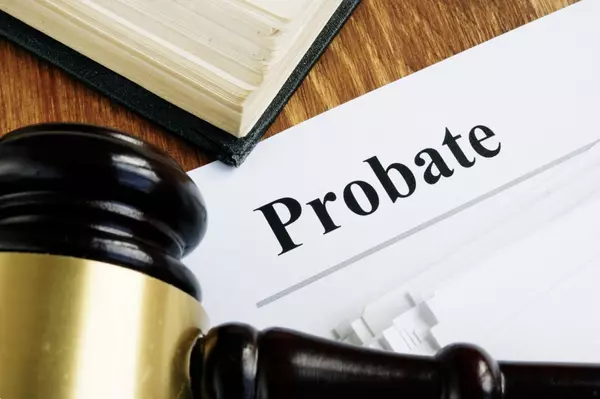What To Do If You Want To Sell a House in a Trust: A Friendly Guide
What To Do If You Want To Sell a House in a Trust: A Friendly Guide
Selling a house is already a big task—add a trust into the mix, and you might feel like you’ve entered a legal labyrinth. But don’t worry! Navigating the world of trusts doesn’t have to be as confusing as assembling furniture without instructions. Let’s break it down together, with a dash of warmth and a sprinkle of humor.
Types of Trusts: Which One’s in Your Corner?
- Revocable Trusts (Living Trusts): Think of these as the Swiss Army knives of estate planning. You can change, amend, or revoke them while you’re alive. They’re flexible and great for those who like to keep their options open.
- Irrevocable Trusts: Once set up, these are set in stone. You can’t change your mind, but the upside is they offer strong asset protection and may help reduce estate taxes. If you’re sure about your plans, this might be your trusty steed.
- Testamentary Trusts: These spring into action after you pass away, as directed by your will. They’re helpful if you want to provide for minors or beneficiaries who need a little extra guidance.
Trusts vs. Wills: What’s the Real Difference?
Picture a will as a set of instructions left behind for your family, while a trust is more like a helpful assistant who gets to work right away. Wills go through probate (the court process of validating your wishes), which can be time-consuming and public. Trusts skip probate entirely, keeping things private and moving smoothly—like the express lane at the grocery store.
Tax Benefits: Trusts Aren’t Just for the Rich!
One of the big perks of trusts is the potential for tax savings. For example, irrevocable trusts can remove assets from your taxable estate, possibly lowering estate taxes. Some trusts can also help minimize capital gains taxes when selling a property. But beware: trusts have their own tax rules, and sometimes the trust itself pays taxes at higher rates. It’s a bit like getting a coupon that only works on certain items—so make sure you know the fine print!
Costs to Consider: It’s Not All Sunshine and Rainbows
Setting up and managing a trust isn’t free. There are legal fees, potential trustee fees, and sometimes ongoing administrative costs. Irrevocable trusts can be more expensive due to their complexity. But many find the benefits—privacy, control, and potential tax savings—make the investment worthwhile.
Ready to Sell? Here’s What to Do Next
First, check the trust document to see who has the authority to sell the house (usually the trustee). Next, gather all paperwork related to the trust and property. You’ll want to work with a real estate agent who understands trusts—like me! I’ll help you navigate the process, avoid pitfalls, and make sure the sale goes as smoothly as possible.
Selling a house in a trust doesn’t have to be a headache. With the right guidance (and a little humor), you’ll be signing those closing documents in no time. If you’re thinking about selling, let’s chat—I’m here to make the process easy, friendly, and maybe even a little bit fun.
Categories
- All Blogs 50
- Architecture and Style 2
- Los Angeles Fires - Resource Center 1
- Things to consider when Buying or Selling 4
- Thinking of moving to Beverly Hills - Everything you Should Know 4
- Thinking of moving to Brentwood - Everything you Should Know 3
- Thinking of moving to Culver City - Everything you Should Know 6
- Thinking of moving to Los Angeles - Everything you Should Know 2
- Thinking of moving to Manhattan Beach - Everything you Should Know 2
- Thinking of moving to Mar Vista - Everything you Should Know 2
- Thinking of moving to Santa Monica - Everything you Should Know 5
- Thinking of moving to Torrance - Everything you Should Know 4
- Thinking of moving to Venice - Everything you Should Know 4
- Thinking of moving to West Los Angeles Sawtelle - Everything you Should Know 4
- Thinking of moving to Westwood - Everything you Should Know 1
- Trusts and Probate 3
Recent Posts










